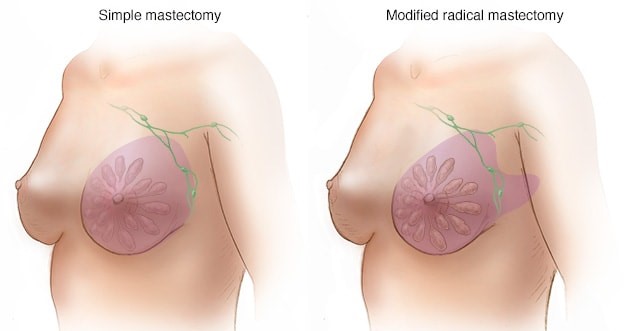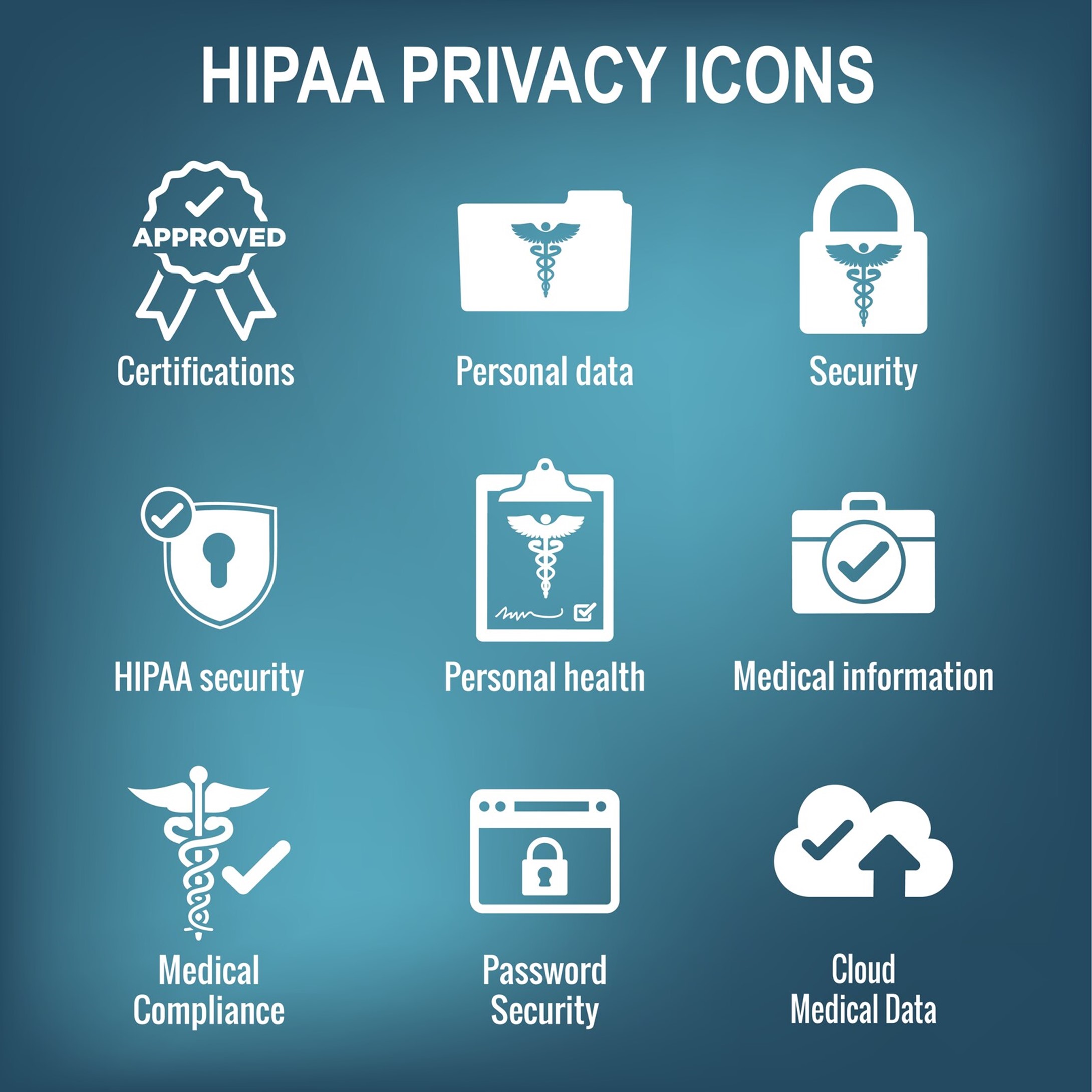A nurse is caring for a client who is 4 days postoperative following a right radical mastectomy. Which of the following activities should the nurse anticipate being the most difficult for this client to perform with her right hand?
Brushing her teeth
Buttoning her blouse
Eating her breakfast
Combing her hair
The Correct Answer is D
Choice A reason: Brushing teeth does not require much strength or range of motion in the hand, so it should not be very difficult for the client.
Choice B reason: Buttoning a blouse can be done with one hand or with the help of the other hand, so it should not be very difficult for the client.
Choice C reason: Eating breakfast can be done with the left hand or with utensils that are easy to hold, so it should not be very difficult for the client.
Choice D reason: Combing hair requires lifting the arm above the shoulder and moving the hand through the hair, which can be painful and challenging for the client who had a mastectomy and may have impaired lymphatic drainage and nerve damage in the right arm.

Nursing Test Bank
Naxlex Comprehensive Predictor Exams
Related Questions
Correct Answer is A
Explanation
Choice A: "Information about a client can be disclosed to family members at any time." This statement indicates a need for further teaching because it is false and violates HIPAA. HIPAA protects the privacy and security of clients' health information and limits who can access or share it without their consent. Information about a client can only be disclosed to family members if they are involved in the client's care or payment, or if the client gives permission.
Choice B: "HIPAA established regulations of individually identifiable health information in verbal, electronic, or written form." This statement does not indicate a need for further teaching because it is true and reflects HIPAA. HIPAA defines individually identifiable health information as any information that relates to the past, present, or future physical or mental health or condition of an individual; the provision of health care to an individual; or the past, present, or future payment for the provision of health care to an individual; and that identifies the individual or for which there is a reasonable basis to believe it can be used to identify the individual.
Choice C: "HIPAA is a federal law, not a state law." This statement does not indicate a need for further teaching because it is true and reflects HIPAA. HIPAA is a federal law that was enacted in 1996 by Congress and signed by President Clinton. It applies to all states and territories of the United States. However, some states may have additional or stricter laws that protect clients' health information.
Choice D: "A client's address would be an example of personally identifiable information." This statement does not indicate a need for further teaching because it is true and reflects HIPAA. HIPAA lists 18 identifiers that can be used to identify an individual, such as name, address, phone number, email address, social security number, medical record number, or biometric identifiers. A client's address is one of these identifiers and must be protected under HIPAA.

Correct Answer is D
Explanation
Choice A: Breast milk is not the correct answer because it is not a route of transmission for syphilis. Syphilis is caused by a bacterium called Treponema pallidum, which cannot survive in breast milk. However, breastfeeding mothers with syphilis should be treated with antibiotics to prevent other complications.
Choice B: The birth canal is not the correct answer because it is not a route of transmission for syphilis. Syphilis can be transmitted through sexual contact, but not through vaginal delivery. However, pregnant women with syphilis should be screened and treated before delivery to prevent congenital syphilis in their newborns.
Choice C: Amniotic fluid is not the correct answer because it is not a route of transmission for syphilis. Syphilis cannot cross the amniotic membrane, which protects the fetus from infections in the uterus. However, pregnant women with syphilis should be monitored for signs of fetal distress or premature rupture of membranes.
Choice D: Placenta is the correct answer because it is a route of transmission for syphilis. Syphilis can cross the placenta, which connects the mother and the fetus through blood vessels. This can result in congenital syphilis, which can cause serious problems such as stillbirth, miscarriage, low birth weight, deformities, or neurological damage in newborns.
Whether you are a student looking to ace your exams or a practicing nurse seeking to enhance your expertise , our nursing education contents will empower you with the confidence and competence to make a difference in the lives of patients and become a respected leader in the healthcare field.
Visit Naxlex, invest in your future and unlock endless possibilities with our unparalleled nursing education contents today
Report Wrong Answer on the Current Question
Do you disagree with the answer? If yes, what is your expected answer? Explain.
Kindly be descriptive with the issue you are facing.
